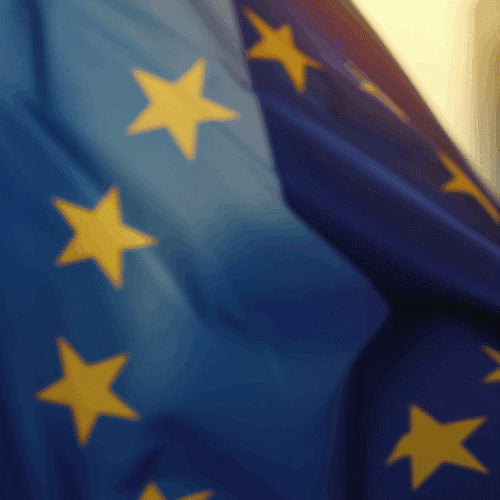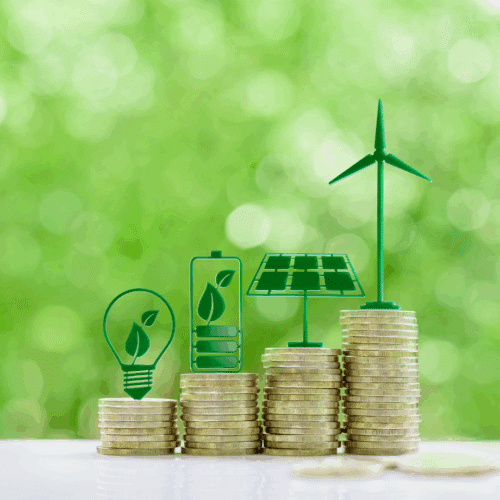Page 1 of 1
2 July 2025
To the Space Act and Beyond: How the EU can shift from space funder to space power

The 21st century will be the century of space. This grand claim, recently echoed by Commissioner Kubilius in remarks on the European Space Act (ESA) and the EU’s new Vision for the Space Economy, is not mere rhetoric. The global space sector is projected to grow exponentially, with the Draghi report suggesting it could surpass €1.5 trillion by 2035 (from €500 billion in 2023), reshaping not just defence and telecommunications, but climate monitoring, precision agriculture, finance, and mobility. Accordingly, space is no longer just a frontier of exploration, but an economic engine and critical infrastructure layer central to modern civilisation.
1 July 2025
Bridging the Gap: The Case for Political Engagement in Complex Environments and the Merits of Staged Integration

When EU officials travel to countries with politically sensitive contexts such as Serbia and Georgia, these are not mere ceremonial gestures. Rather, these official visits are essential for grasping the realities on the ground. Both countries present significant challenges: Serbia’s oscillation between the EU and Russia, and its military neutrality, continually test the sincerity of its European aspirations. Georgia, meanwhile, has drawn sharp criticism for recent legislative moves that diverge from core EU values, particularly regarding democratic openness and the influence of foreign actors.
23 June 2025
Choosing Freedom: How European Consumers Can Stand Against Russian Aggression

The brutal war unleashed by Russia against Ukraine is not just a distant geopolitical event; it impacts our everyday choices here in Europe. Each time we purchase products from companies still operating in Russia, we unknowingly support helpers of a regime responsible for devastating human suffering. This reality presents a difficult but essential question: Can European consumers really make a difference?
4 June 2025
Poland: Divided country, divided society

Over 10 million Poles woke up on Monday morning, June 2 and faced the news that Karol Nawrocki won the presidential election.
21 May 2025
Armenia’s EU integration: a strategic pivot amid global geopolitical shifts

In 2024, Armenia’s foreign policy underwent a significant transformation. What was once a cautious balancing act between Russia and the West is now evolving into a decisive shift towards European integration. This change is driven by a combination of internal aspirations and external pressures, marking a new chapter in Armenia’s geopolitical journey.
19 May 2025
All quiet on the climate front

In 2024, the world faced an unprecedented wave of natural disasters, from tropical cyclones to severe droughts, leading to the highest number of displacements in 16 years. These events not only exacerbated food crises but also inflicted massive economic losses. Now, more than ever, investing in clean energy, water, and climate services is crucial to overcoming these challenges and fostering resilient communities.
Page 1 of 1